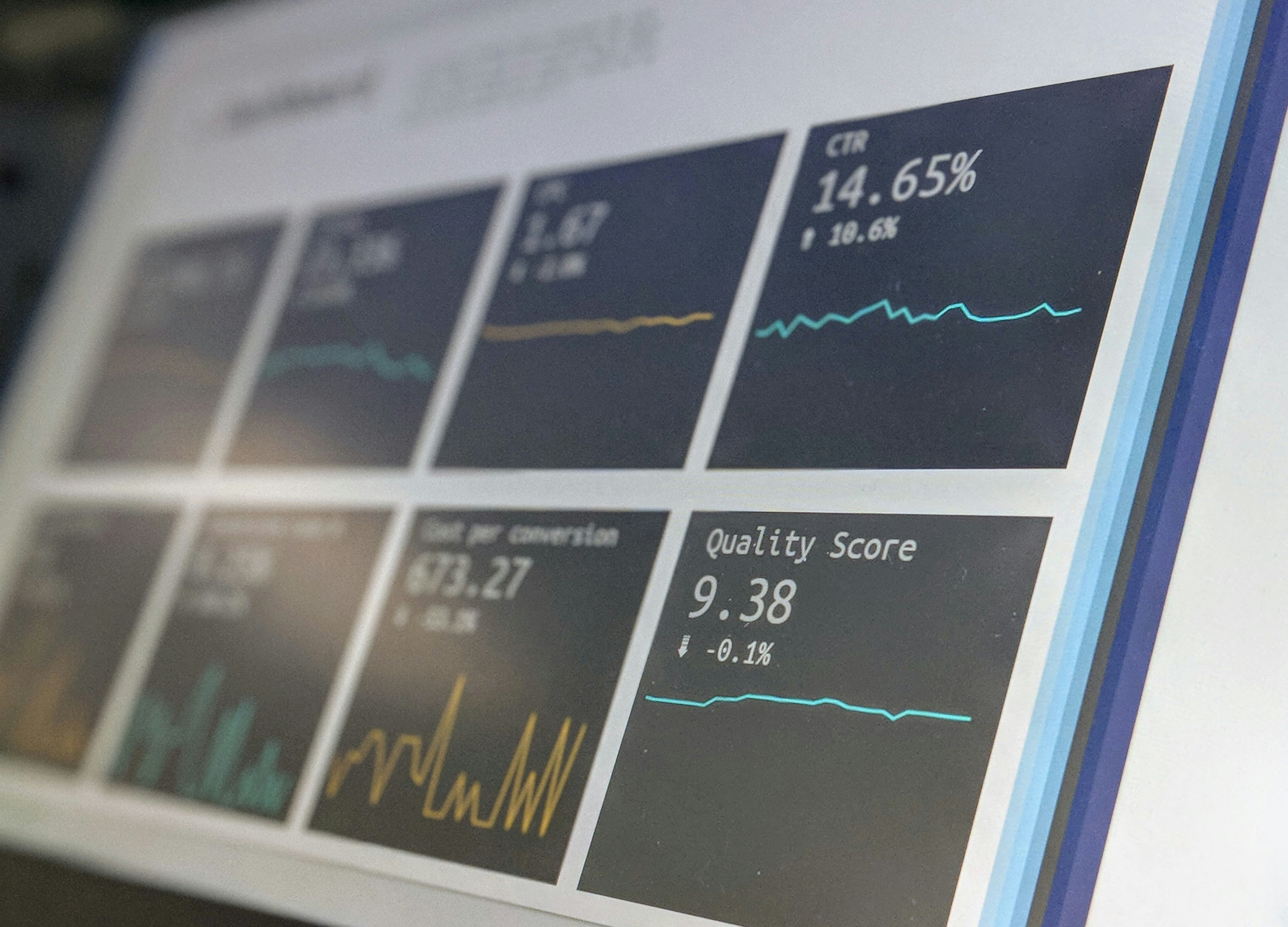How to Prepare for a Rent Review
26 Jan 2025
How to Prepare for a Rent Review
Introduction
Rent reviews are a critical opportunity for tenants to ensure their rent reflects current market conditions and remains manageable for their business operations. For landlords, rent reviews maintain the property’s value and income potential. Preparing thoroughly for a rent review allows tenants to present compelling cases for fair adjustments and achieve significant cost savings.
Understanding the Rent Review Process
Rent reviews are typically governed by the terms outlined in your lease agreement. These may specify:
Frequency of Reviews: Annual, biennial, or specific milestones in the lease term.
Methodology: Fixed increases, Consumer Price Index (CPI) adjustments, or market-based reviews.
Notification Requirements: Timeframes for initiating or responding to the review.
Familiarizing yourself with these details is essential to avoiding disputes and ensuring timely action.
Steps to Prepare for a Rent Review
1. Analyze Lease Terms Thoroughly
Start by reviewing the rent review clause in your lease agreement. Pay attention to:
The type of review applicable (CPI, fixed, or market).
Notice periods for initiating or responding to the review.
Any special conditions or caps on increases.
2. Research Market Trends
Gather detailed data on:
Comparable rental rates in your area.
Recent leasing activity for similar properties.
Economic factors influencing property values, such as local demand and infrastructure developments.
Use property portals, real estate agents, or industry reports to support your findings.
3. Document Property Issues
Compile a list of property maintenance or amenity issues that could justify lower rent increases. Examples include:
Outdated facilities or equipment.
Unresolved repair requests.
Lack of promised upgrades or services.
Photos, emails, and maintenance logs can strengthen your case.
4. Engage Professional Support
Consider hiring:
Property Valuers: To provide expert assessments of market rent.
Legal Advisors: To review lease terms and address disputes.
Negotiators: Experienced agents can handle discussions with landlords on your behalf.
5. Plan Negotiation Strategies
Approach negotiations with:
A clear understanding of your financial limits.
Evidence-backed arguments for rent reductions or minimal increases.
Willingness to compromise within reasonable boundaries.
6. Initiate Early Communication
Contact your landlord well before the review date. Early discussions can establish mutual understanding and reduce the risk of disputes. Present your data clearly and professionally.
Expanded Case Study: Boutique Fitness Studio in Sydney
Background
A boutique fitness studio in Newtown faced a scheduled market rent review in its third lease year. With the local area experiencing rapid gentrification, the landlord proposed a 15% increase, citing heightened demand and rising property values.
Preparation
Engaging Experts: The studio hired a property valuer who conducted a detailed analysis of comparable properties, showing that typical rent increases in Newtown were closer to 8%.
Highlighting Deficiencies: The studio documented unresolved HVAC system issues and wear and tear that had not been addressed by the landlord.
Compiling Financial Data: The tenant presented their revenue trends, illustrating that the proposed increase would strain their operating budget.
Negotiation
With solid evidence in hand, the tenant proposed a 7% increase and requested that the landlord address the HVAC issues within three months. After two rounds of discussions, both parties agreed to:
A 7% rent increase.
The landlord covering 50% of the HVAC repair costs.
Outcome
The studio saved approximately $10,000 annually and benefited from improved facilities, enhancing customer satisfaction and retention. This proactive approach also strengthened the landlord-tenant relationship.
Tools to Simplify Rent Review Preparation
Lease Management Platforms: Tools like Properting help tenants track review dates, store relevant documents, and automate reminders.
Market Analysis Services: Platforms providing real-time data on comparable rental rates.
Professional Advisors: Experts who specialize in commercial lease negotiations.
Final Thoughts
Rent reviews need not be daunting if approached with preparation and the right resources. By understanding your lease terms, gathering evidence, and negotiating professionally, you can ensure your rent remains fair and sustainable, empowering your business for continued success.



